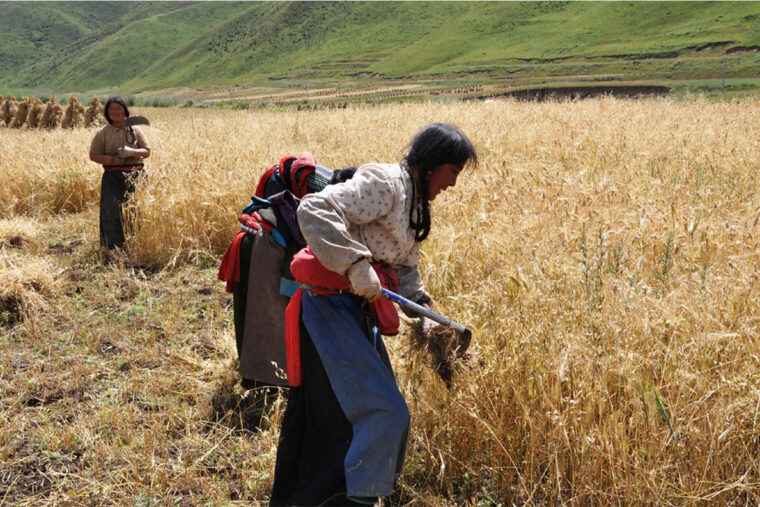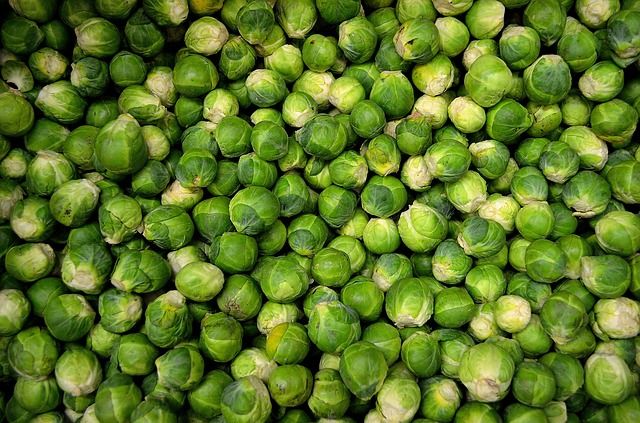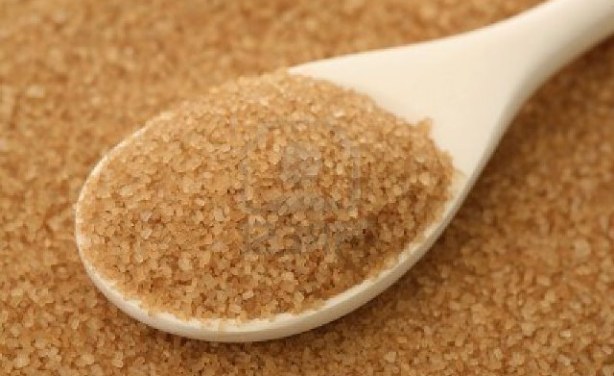 |
| Images speaks @ the Annual Conference of the Agricultural Extension Society of Nigeria (AESON), held in Abuja |
Images speaks @ the Annual Conference of the Agricultural Extension Society of Nigeria (AESON), held in Abuja... see more images below..

 |
| Prehistoric food globalization spanned three millennia |
 |
| Biotechnology to the rescue of Brussels sprouts |
 |
| Culprit found for honeybee deaths in California almond groves |
 |
| greenhouse gas |
 |
| Professor Harbans Bariana with wheat. |
 |
| The Minister of Agriculture and Rural Development, Chief Audu Ogbeh |
 |
| Tanzania industrial Sugar Crisis Deepens |
 |
| temperatures drop |
 |
| How plants learned to save water |